
4 minute read
Addressing Pain, Poverty and Racism
Interest in the diocese's expanded anti-racism curriculum, which is required for all clergy, grew immensely in 2020 and is now engaging more individuals and churches than ever before.

Advertisement
“More than just a personal prejudice, racism is a systemic and institutionalized problem that continues to find new ways to seep into our legal system, politics, prisons, and yes, even our churches. With tears in our eyes and Christ in our hearts, we must do everything we can to confront and dismantle the structures and systems that allow such injustices to occur.”
~ Bishop Daniel Gutiérrez
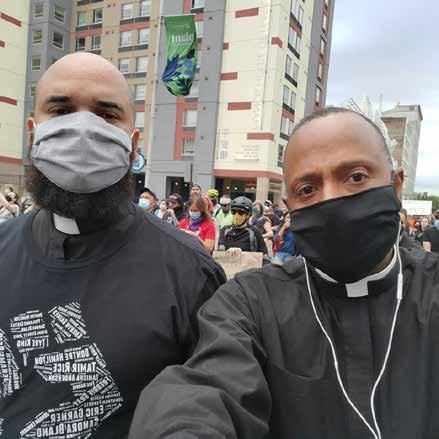
In 2020, the COVID-19 global pandemic turned a harsh light on the racial and economic disparities that have long characterized our nation’s health care system. And the deaths of George Floyd, Ahmaud Arbery, and Breonna Taylor drove millions to take to the streets to demand justice and an end to systemic racism, under the banner of Black Lives Matter. It was a year of great need and heart-wrenching pain.
Addressing the sin of racism.
Churches across this diocese - parishioners, clergy and staff - rose up to protest against racial injustice and advocate for public policy reform. The diocese created the clergy-led Loving Presence Group, which is now inviting laity to join to change the diocesan history of racism through scripture, faith, and a revolution of the heart. The Bishop appointed a Canon for Peace and Reconciliation, the Rev. Jordan Casson, to lead our journey along the path to becoming a ‘beloved community’ and made the Rev. Sam Andoh an honorary canon for his years of work with the Black Clericus.
The diocese also revised, and continues to direct, an anti-racism curriculum that is required for all new clergy, and remains in demand. In response to the participation increase for the four-part series, the diocese’s AntiRacism Commission added an “introduction to systemic racism” training offered several times per year to provide participants the foundational knowledge needed to join any of the sequential trainings. These efforts have expanded to work individually with churches wanting support for parish level group discussion.
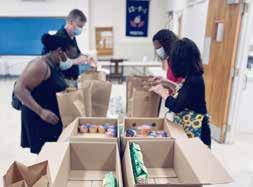
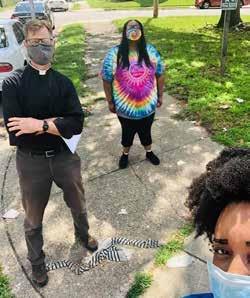


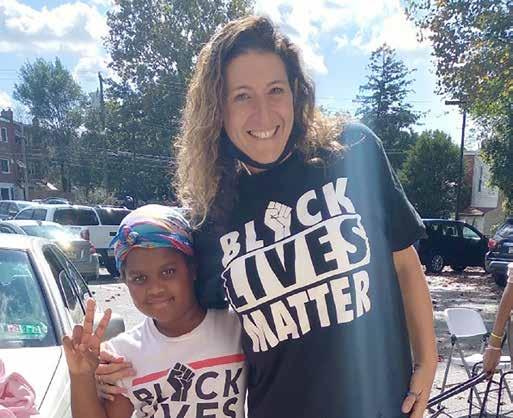
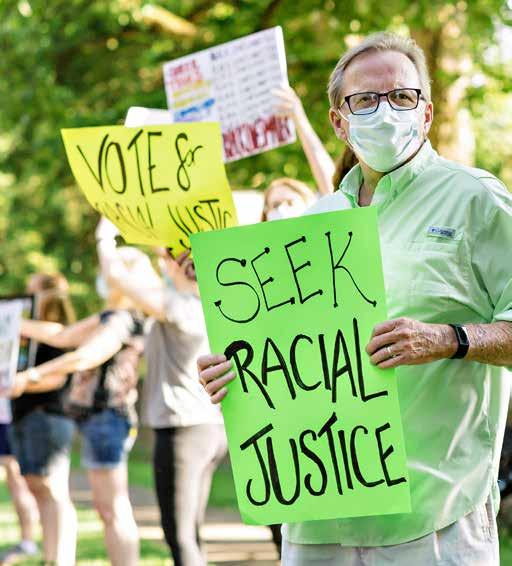
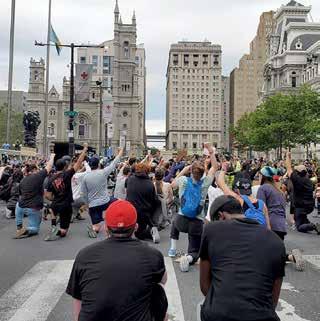
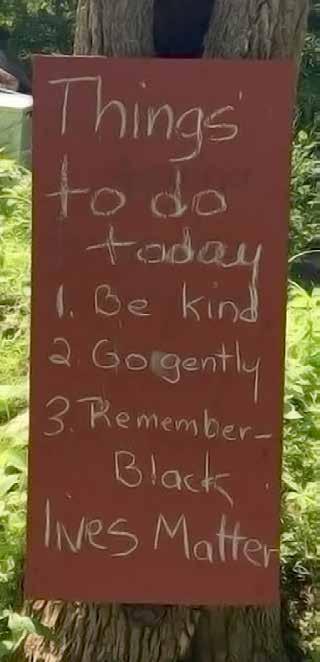
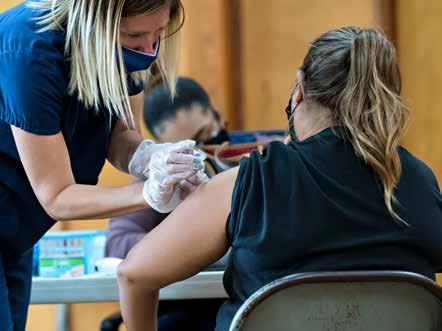
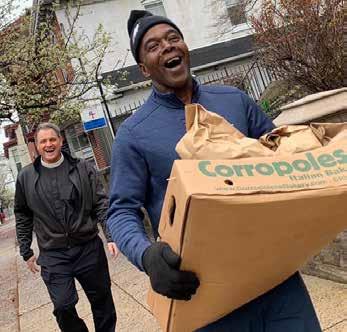

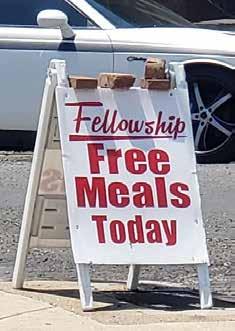
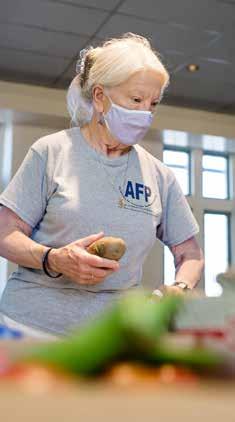
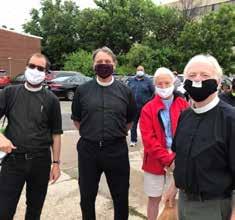
Journeying with those we serve.
To address the national and global issue of sexual assault and trauma, we created, and continue to direct, the first program for female veterans with Military Sexual Trauma and Moral Injury. The diocese’s Human Trafficking Commission, working with the Global Mission Commission, began and continues to support the newly developed Thistle Hills program. The diocese provided initial funding to the program, which was paid off by a grant obtained by the Commission.
In 2020, we began a collaborative relationship with DePaul House whose ministry for unhoused college students will create new ministries within two of our churches - and income streams for both - giving them renewed opportunity for church growth.
We increased the capacity of City Camp 2020 with the creation of online camp programming. We will offer a hybrid version of City Camp in 2021 that will allow us to also serve children with disabilities in a safe, outdoor setting. The diocese’s People with Disabilities Committee created resources to help parishes make services, communication, and virtual life more accessible.
Closing the disparity gap.
Through partnerships, we achieved our goal of creating 10 Wellness Centers in our churches that serve the physical health needs of communities. We also partnered with three agencies and interfaith organizations to effectively address poverty, hunger, and violence. To address short-term needs, we distributed free food gift cards, totaling $12,000, to churches to give to parishioners.
We served as the hands and feet of Christ, taking our message of God to the parishes and the streets during the pandemic. Working directly with churches, we established parish-based flu and diabetes clinics, distributed 1,560 masks to the community and shelters, and provided 175 book bags of health maintenance supplies. Through the Sacred Days program, we provided free promotion and coordination to churches focused on feeding and housing. In December, the diocese delivered 600 bags of sanitizing supplies to churches.





